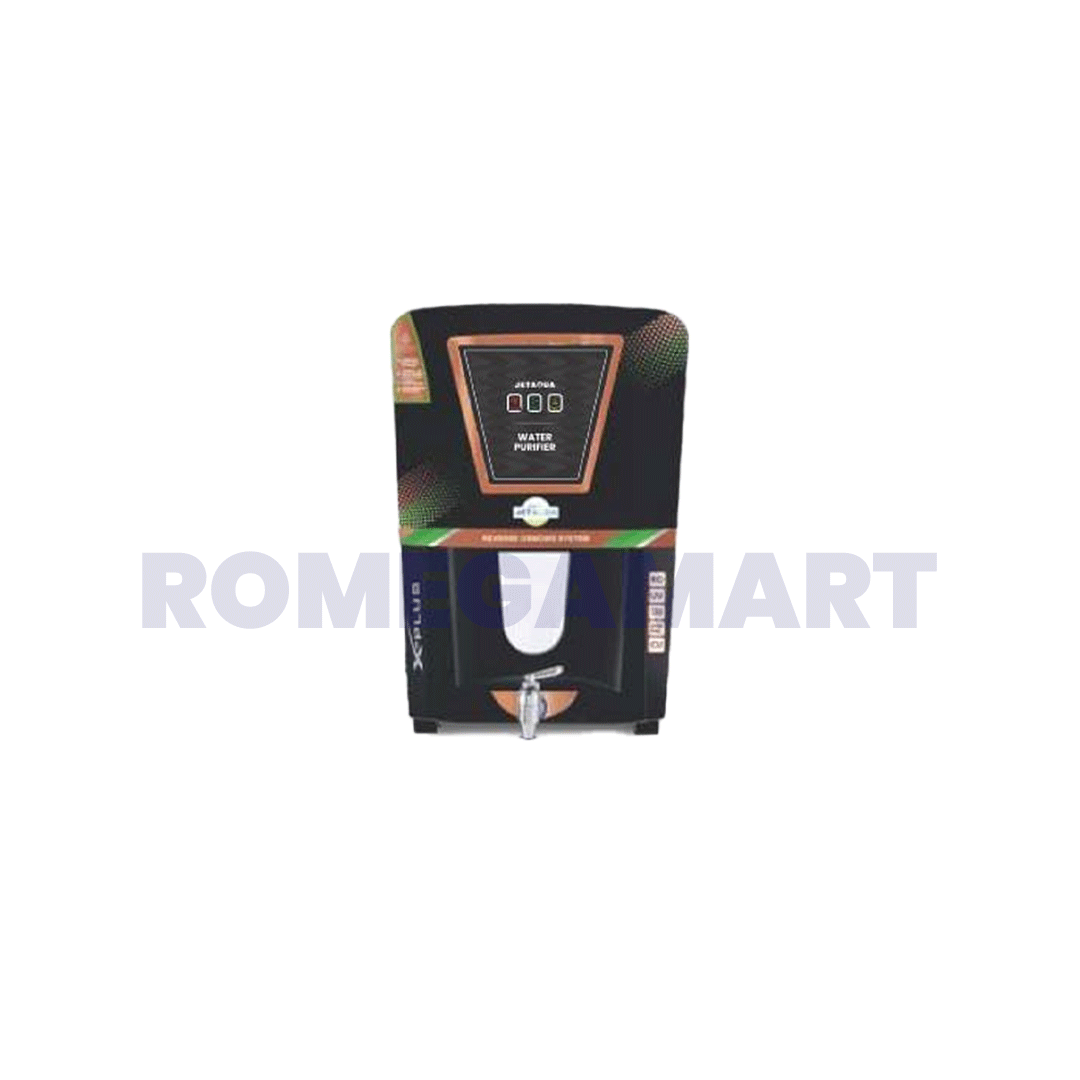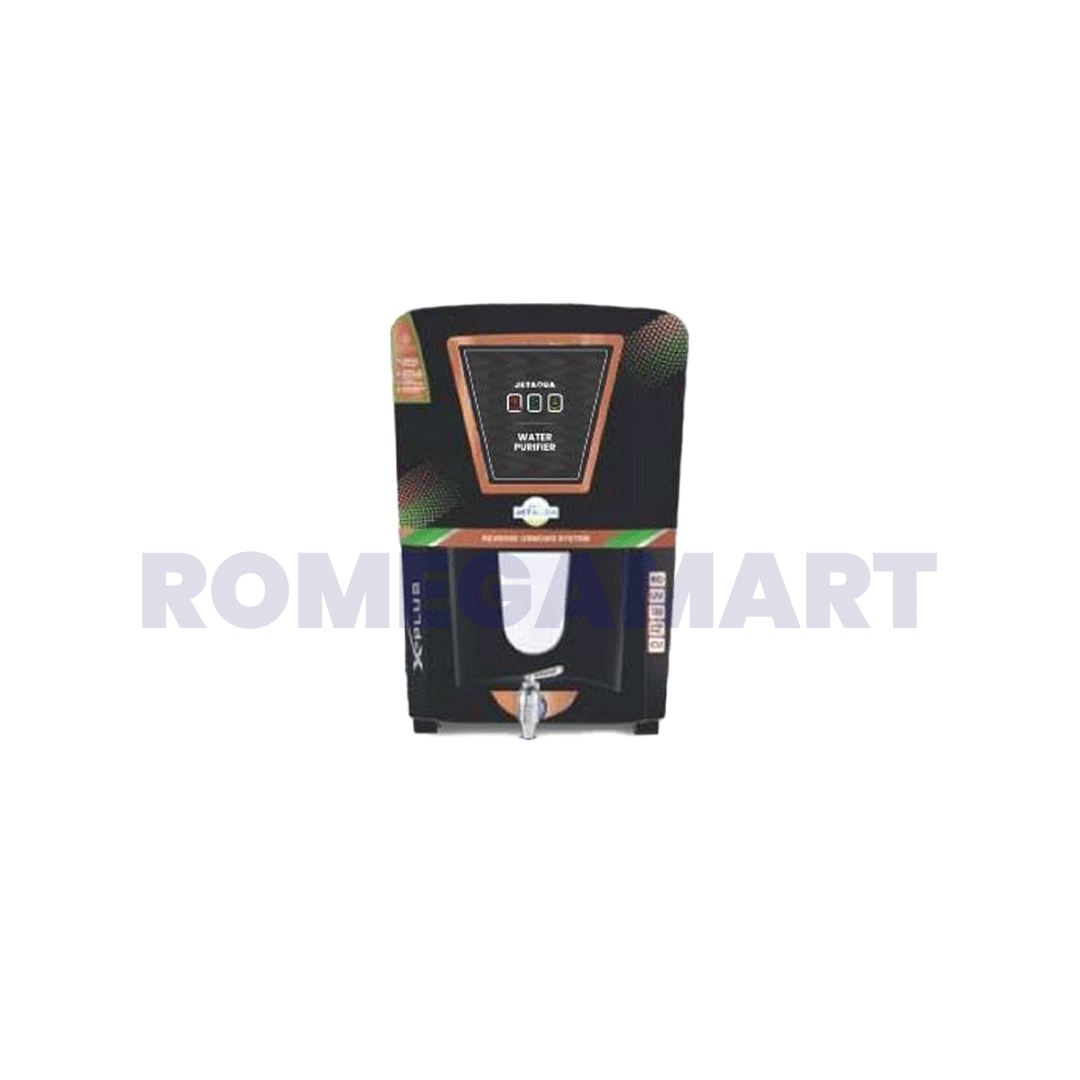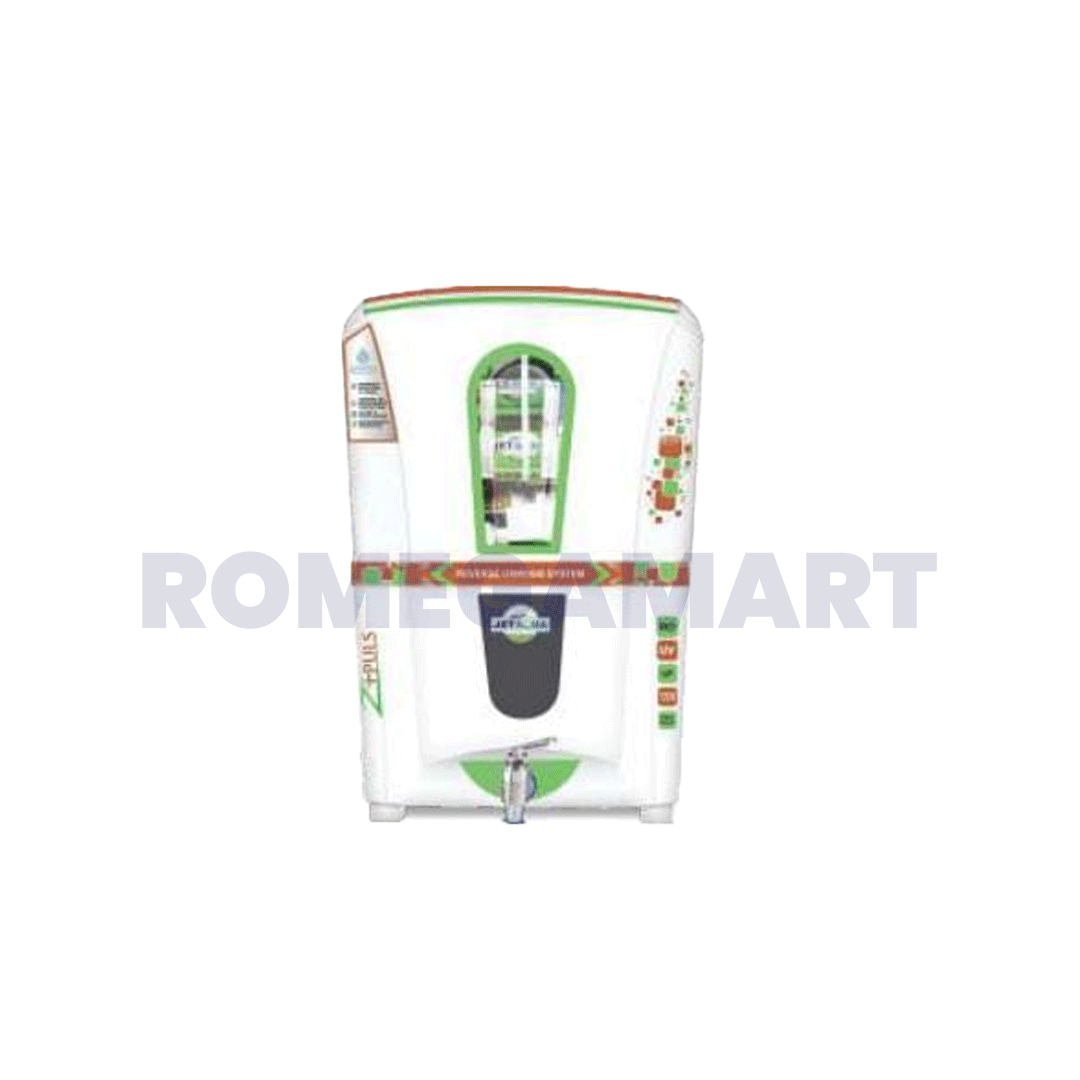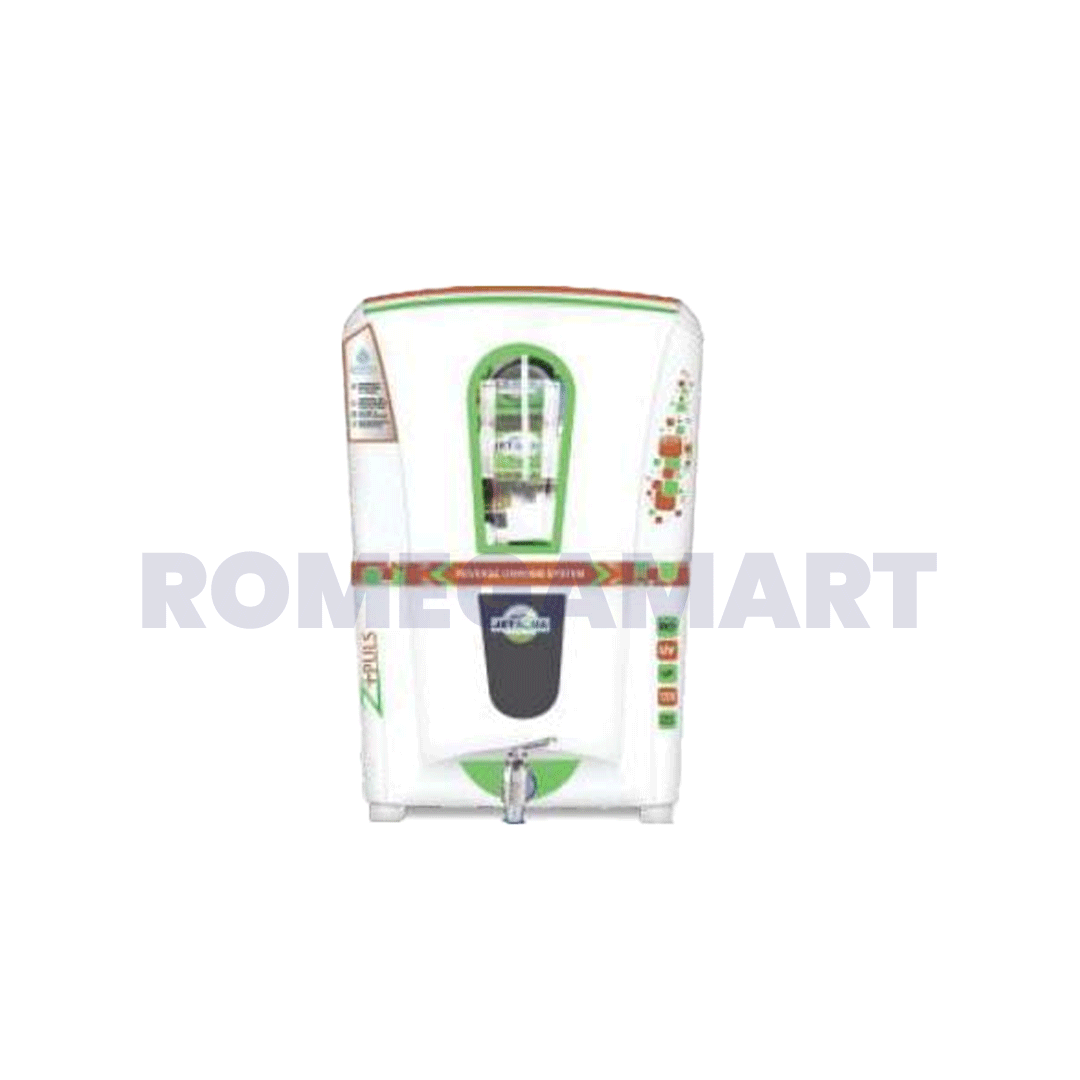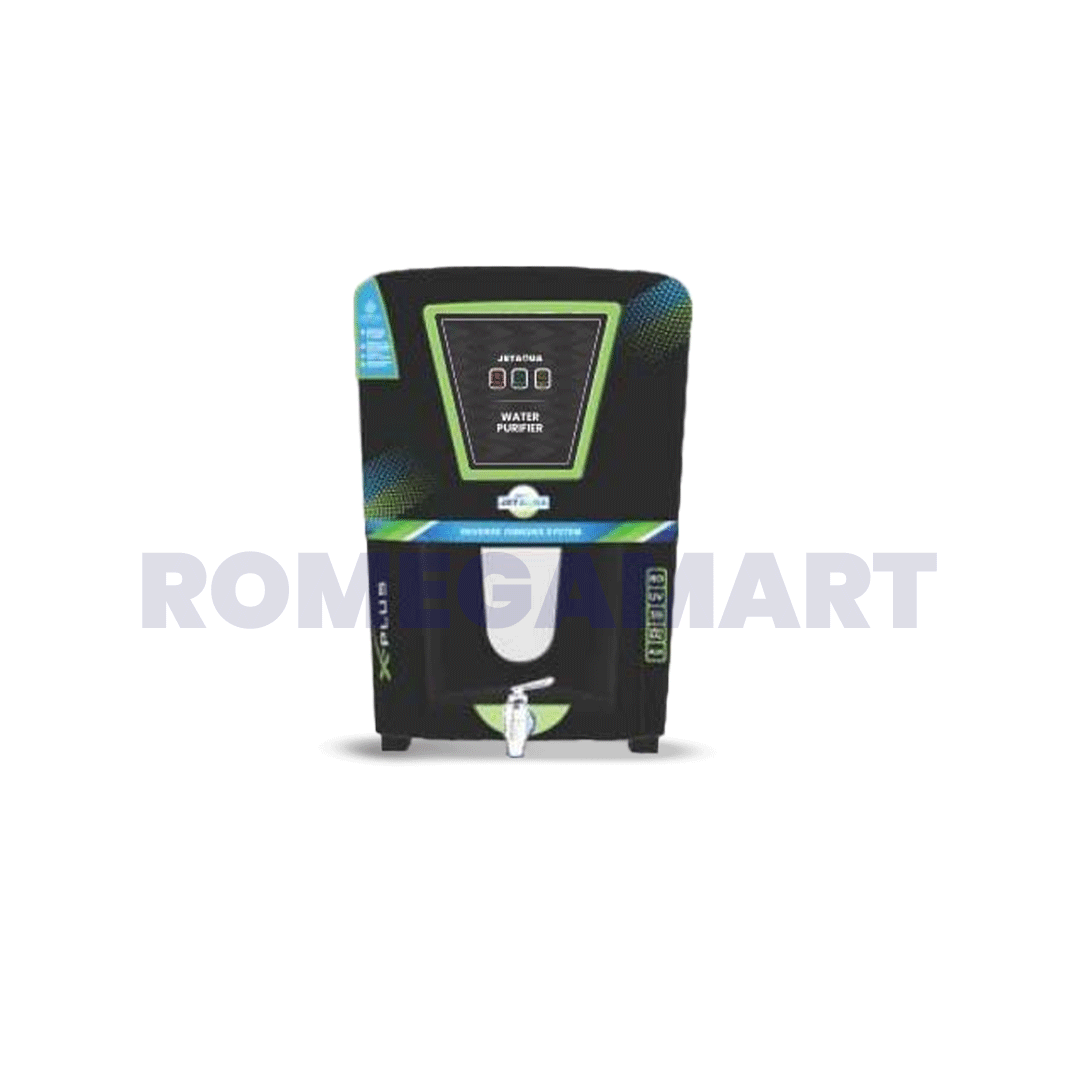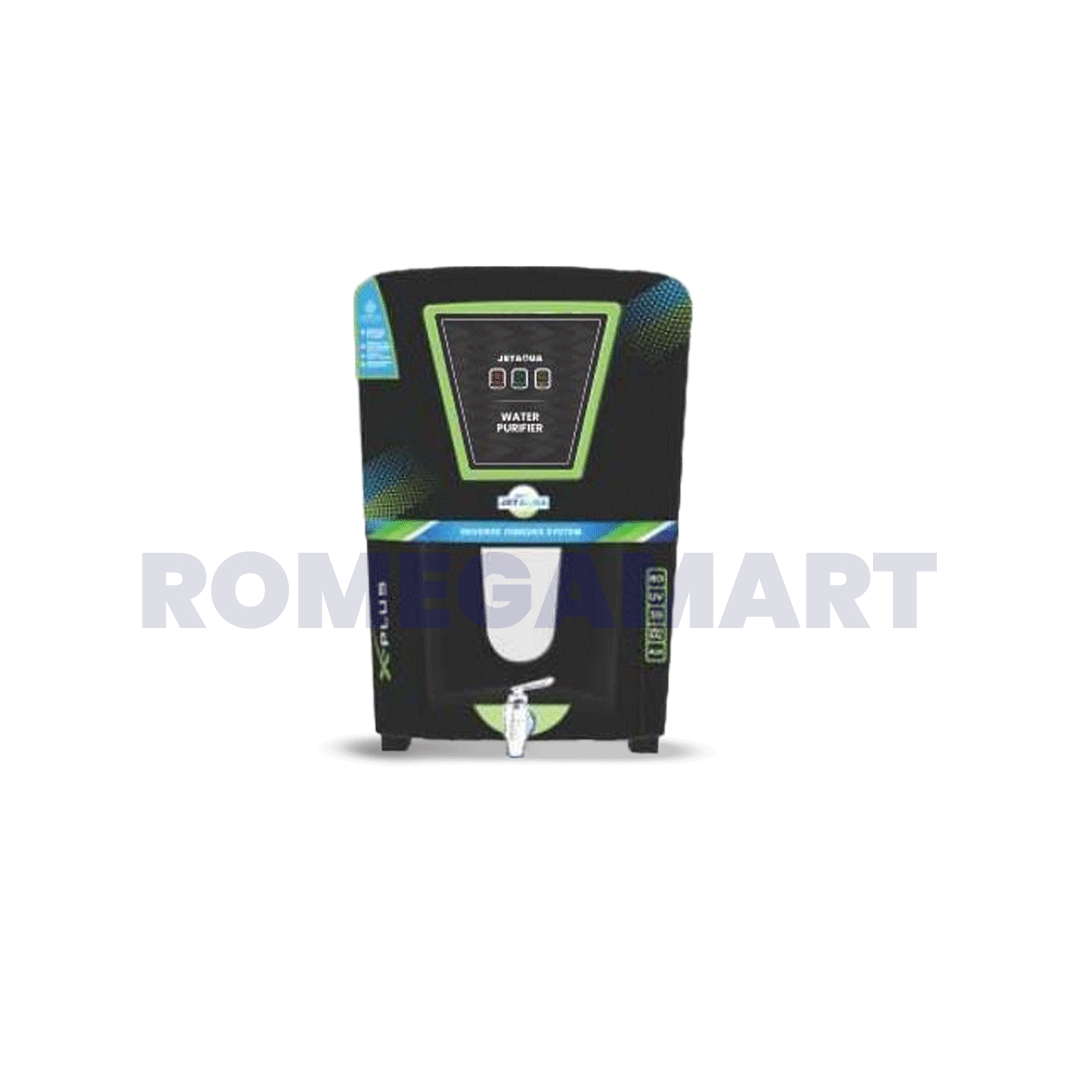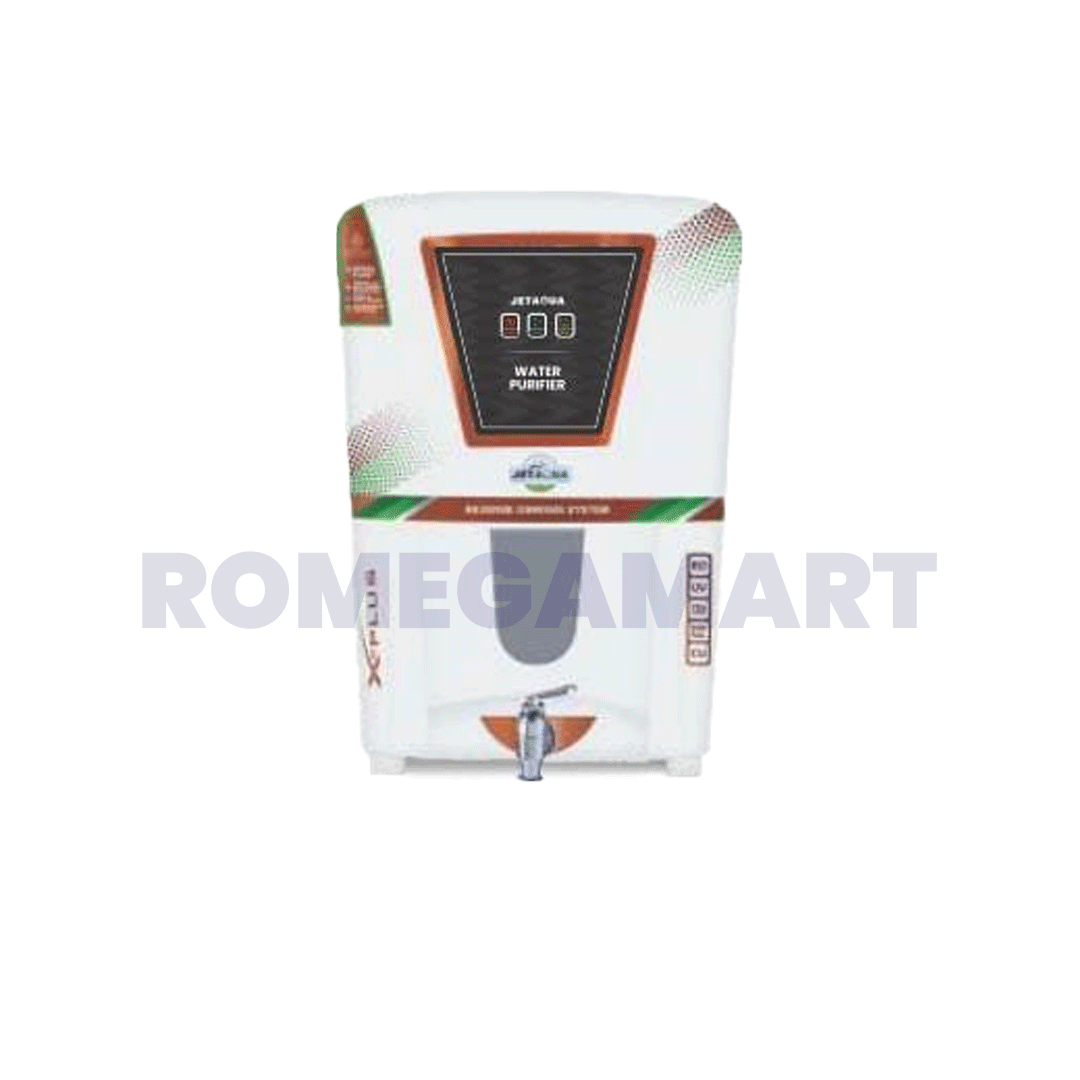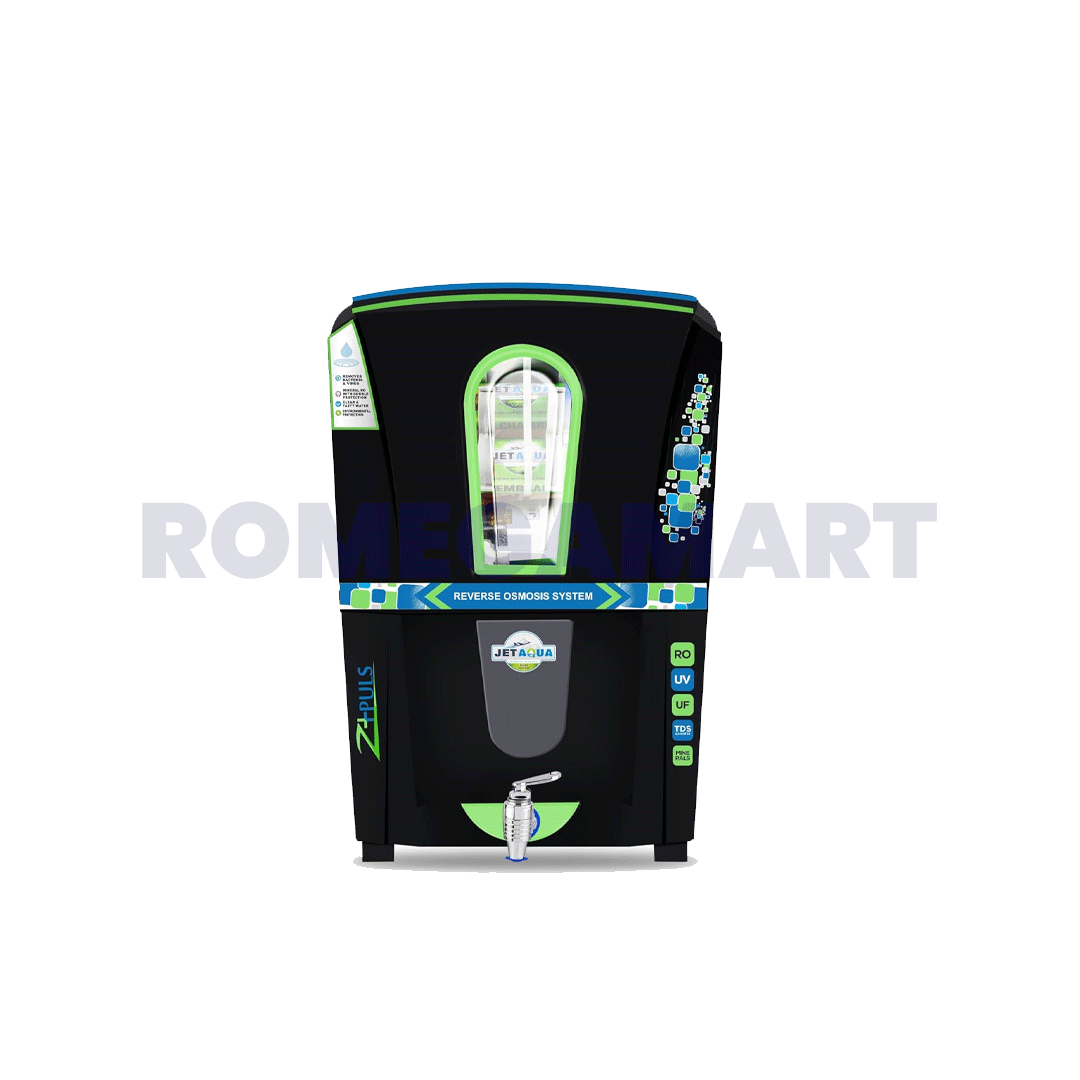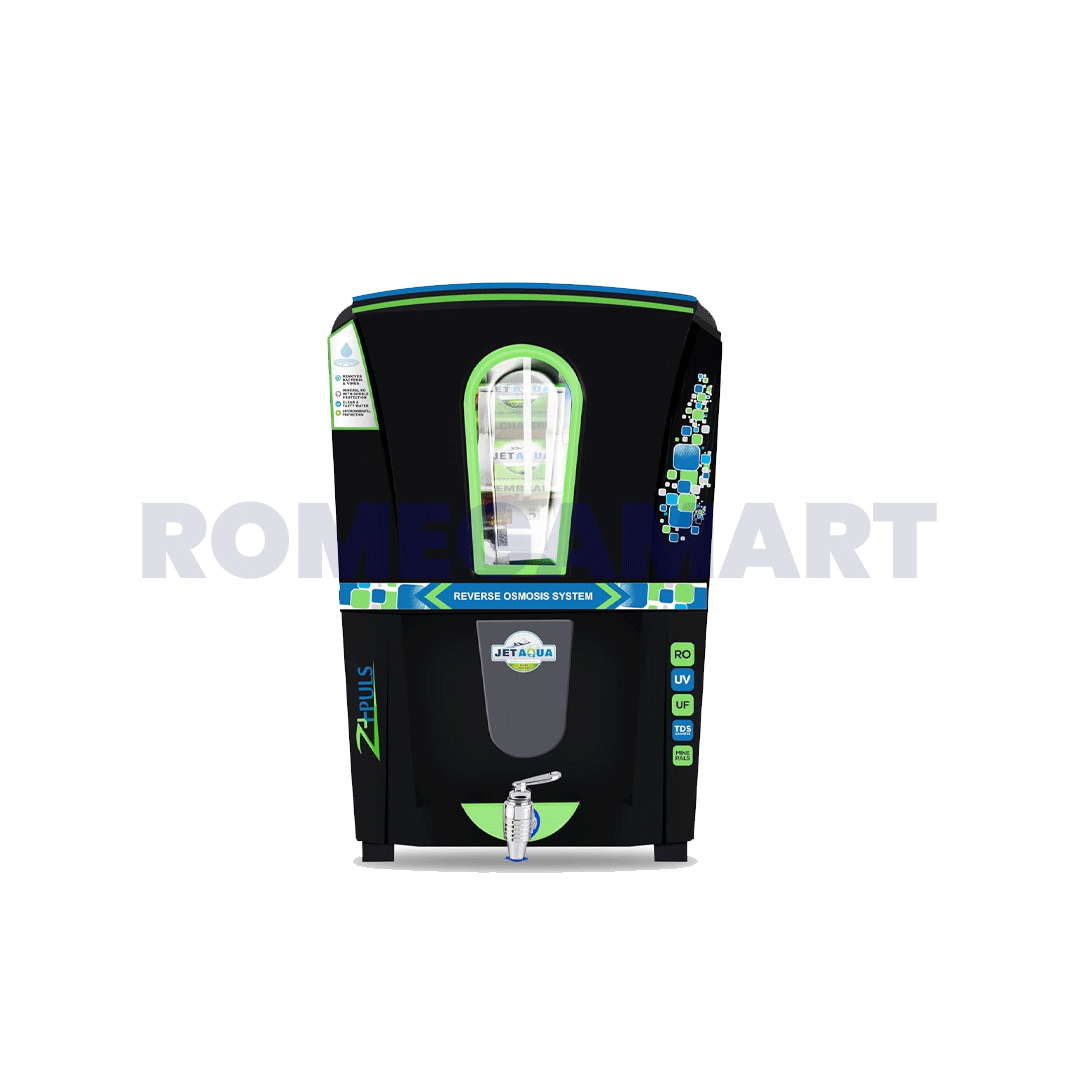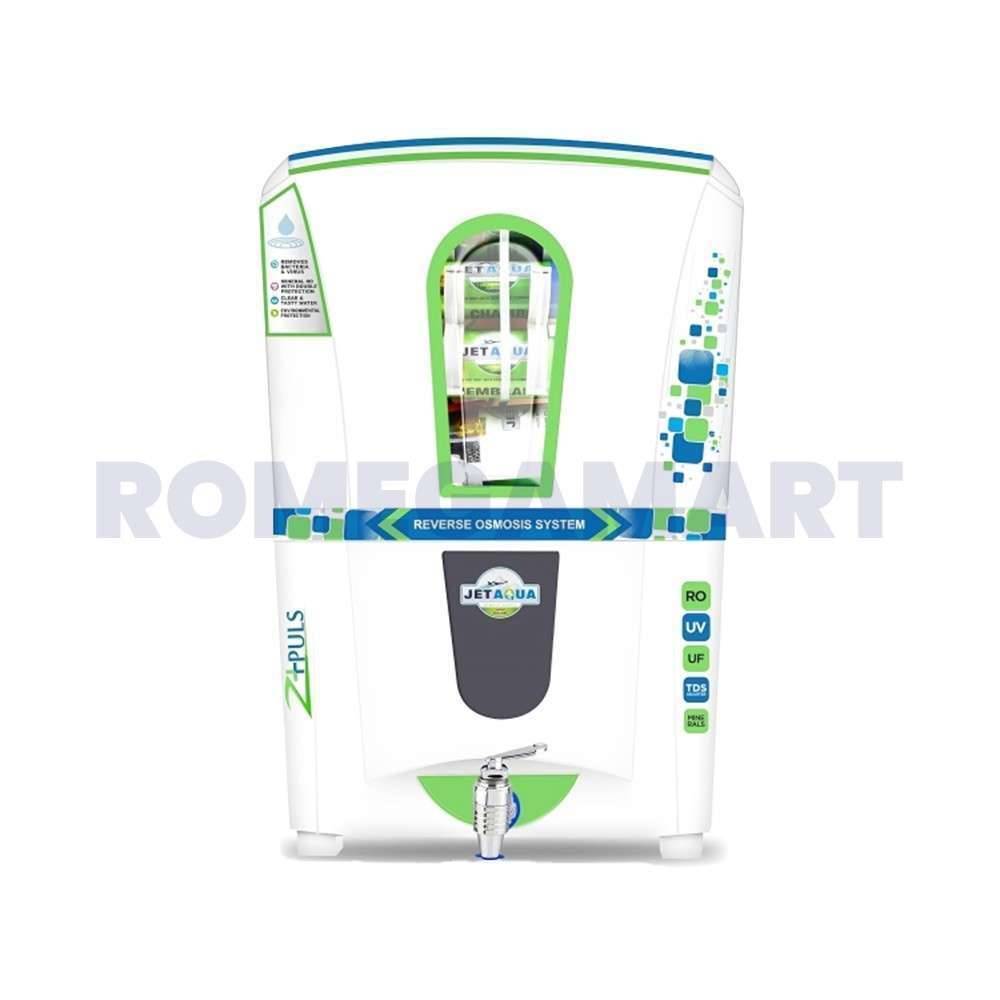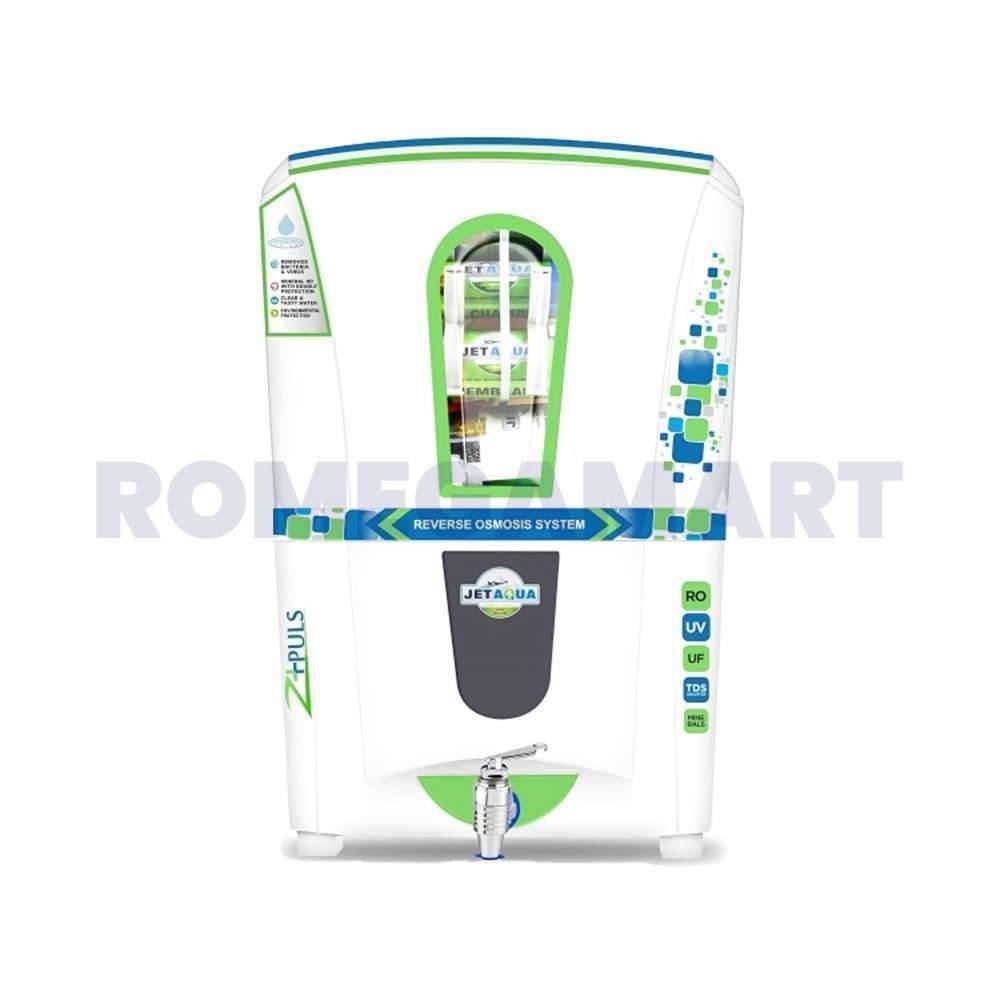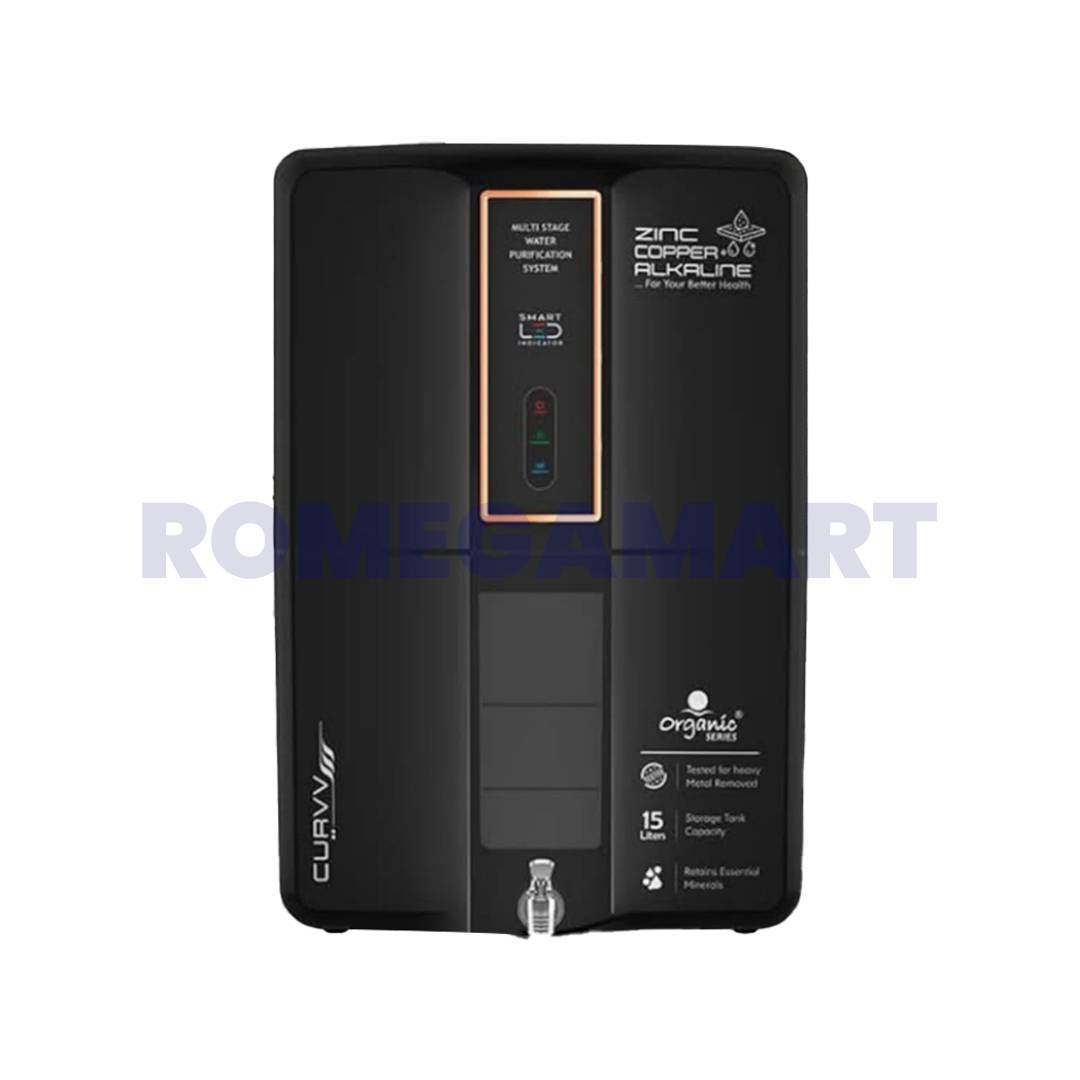Table Tab RO -
Water Purifier: A Complete Guide to Choosing the Right Purifier for Your Home
Key Factor to Start With
The most important factor for choosing a water purifier is the quality of water that enters your home. The TDS level, contamination level, and source of water determine whether you need RO, UV, UF, or a combination. Once you understand this, selecting the right system becomes far easier and prevents unnecessary spending.
Featured Snippet: Which Water Purifier Is Best
The best purifier depends on your water source. RO is ideal for borewell or high-TDS water. UV suits low-TDS municipal water. RO+UV+UF is the safest choice for mixed or uncertain water sources and is commonly considered the best water purifier for home across India.
Introduction
A water purifier is no longer a luxury. It is essential for every household due to rising contamination levels in pipelines, borewells, and storage tanks. Many families now search for which water purifier is best or the best water purifier under 10000 because the need for clean and safe drinking water is urgent. With so many models available, choosing the right one can feel confusing. This guide gives you clarity with practical information, comparisons, and simple explanations.
Why You Need a Water Purifier at Home
Unsafe water contains bacteria, viruses, chlorine, heavy metals, and industrial chemicals. These contaminants increase health risks like stomach infections, kidney issues, and long-term toxicity. Even treated municipal water travels through old rusted pipes before reaching your home. Borewell water often contains high TDS levels that make the water salty and hard.
A water purifier removes harmful contaminants while maintaining essential minerals. This is why many people look up which water purifier is best for home. It is a smart step toward health and long-term well-being.
Types of Water Purifiers and How They Work
RO (Reverse Osmosis)
RO uses a semi-permeable membrane to remove dissolved salts, heavy metals, excess minerals, and chemicals. It is ideal for borewell and tanker water with high TDS.
UV (Ultraviolet)
UV purifiers kill bacteria and viruses using UV light. They do not reduce TDS but ensure microbiological safety. They are useful for low-TDS municipal water.
UF (Ultrafiltration)
UF removes sediments, rust, and some microorganisms. It does not require electricity and works well when the water supply is relatively clean.
RO+UV+UF
This combination system covers dissolved solids, microbes, chemicals, and dirt. It is commonly recommended when people ask which water purifier is best.
Comparison Table: RO vs UV vs UF
| Feature | RO | UV | UF |
|---|---|---|---|
| Removes dissolved solids | Yes | No | No |
| Kills bacteria and viruses | Yes | Yes | Partial |
| Works without electricity | No | No | Yes |
| Ideal for | High TDS | Municipal water | Low-TDS water |
| Storage needed | Yes | Optional | Optional |
Which Water Purifier Is Best for Home
The answer depends on your water type.
If your home receives borewell or tanker water with TDS above 300 ppm, you need an RO or an RO+UV+UF purifier.
If your home receives municipal water with low TDS, UV or UV+UF is sufficient.
If your water source changes during seasons, RO+UV+UF is the safest option. This setup answers both which water purifier is best and which water purifier is best for home for most Indian conditions.
Key Factors to Consider Before Buying
Water Quality
Test the TDS level. It decides the type of water purifier you need.
Purification Stages
Look for useful purification stages such as sediment filter, activated carbon, RO membrane, UV chamber, and UF layer.
Storage Capacity
For a family of 4 to 5 members, a 7 to 10 liter tank is ideal.
Filter Replacement Cost
Every water purifier needs annual service. Choose a model with affordable filters and reliable service.
Build Quality
Check plastic quality, tank durability, and brand reliability.
Power Usage
RO and UV need electricity. Modern purifiers are energy efficient and safe for daily use.
Best Water Purifier Under 10000
Many people prefer economical options that still provide strong purification. The best water purifier under 10000 typically includes RO+UF or RO+UV with decent storage and good build quality.
In this price range, you can expect:
Multi-stage filtration
6 to 12 liters of storage
Safe drinking water for families
Good quality plastic tanks
Basic maintenance cost
You can find reliable and affordable domestic systems here:
https://romegamart.com/category/domestic-systems/
Common Buyer Mistakes to Avoid
Choosing RO without checking TDS
Many people buy RO even when they only need UV. This increases cost and wastes water unnecessarily.
Ignoring service and maintenance
Cheap purifiers become expensive if filters are costly or unavailable.
Falling for too many filter stages
Some brands add extra stages that do not add real value. Focus on quality, not count.
Not checking water pressure
RO requires proper inlet pressure. If pressure is low, a booster pump is needed.
Lexpure Water Purifier Overview
The Lexpure water purifier has gained attention for balanced price, good purification quality, and reliable performance. It is preferred by families who want strong purification without paying high premium brand prices. It fits well in searches like best water purifier for home or which water purifier is best for budget buyers.
Features of Lexpure Water Purifier
Multi-stage purification with RO, UV, UF, and carbon filters
Good purification speed for daily use
Attractive design suitable for modern kitchens
Long-lasting membrane quality
Reasonable AMC and filter cost
Suitable for borewell and municipal water
Lexpure Water Purifier Price
The lexpure water purifier price depends on the stage configuration and storage capacity. Most models are moderately priced and offer reliable performance for families. The brand focuses on durability and service accessibility, making it a strong contender for mid-range buyers.
How to Choose the Right Purifier for Your Family
Small Families (1–2 members)
A compact UV or UF water purifier with 5 to 7 liters of storage is enough.
Medium Families (3–5 members)
An RO or RO+UV+UF water purifier with 7 to 10 liters of storage works well.
Large Families
Choose a high-capacity https://romegamart.com/category/domestic-systems/ with more than 10 liters of storage and fast filtration. RO+UV+UF is recommended for maximum safety.
Installation and Maintenance Tips
Installation
Install the water purifier near a water inlet and drainage point.
Keep it away from heat and sunlight.
Ensure proper wall support if mounting.
Maintenance
Replace filters every 10 to 12 months.
Clean the storage tank regularly.
Check TDS output every few months.
Additional Table: Water Purifier Selection Based on Water Source
| Water Source | TDS Level | Recommended Purifier |
|---|---|---|
| Borewell | High | RO or RO+UV+UF |
| Municipal Supply | Low | UV or UV+UF |
| Mixed Source | Varies | RO+UV+UF |
| Tanker Water | Hard and High TDS | RO+UV |
Frequently Asked Questions
Which Water Purifier Is Best for Home
RO+UV+UF is the most reliable choice for mixed water sources. For low-TDS municipal water, UV is enough.
Which Water Purifier Is Best for health
RO+UV+UF purifiers offer maximum safety when water quality is uncertain.
What is the best water purifier under 10000
Several domestic systems with RO+UF or RO+UV fall in this range.
What is the Lexpure water purifier price
It varies by model and storage but stays in the budget to mid-range segment.
Conclusion
Choosing the right water purifier depends on understanding your water supply. Once you know the TDS and contamination level, your choice becomes clear. Whether the priority is budget, performance, or long-term reliability, there are many options that fit different needs. From searching for the best water purifier under 10000 to identifying which water purifier is best for home, this guide helps you make an informed choice.









